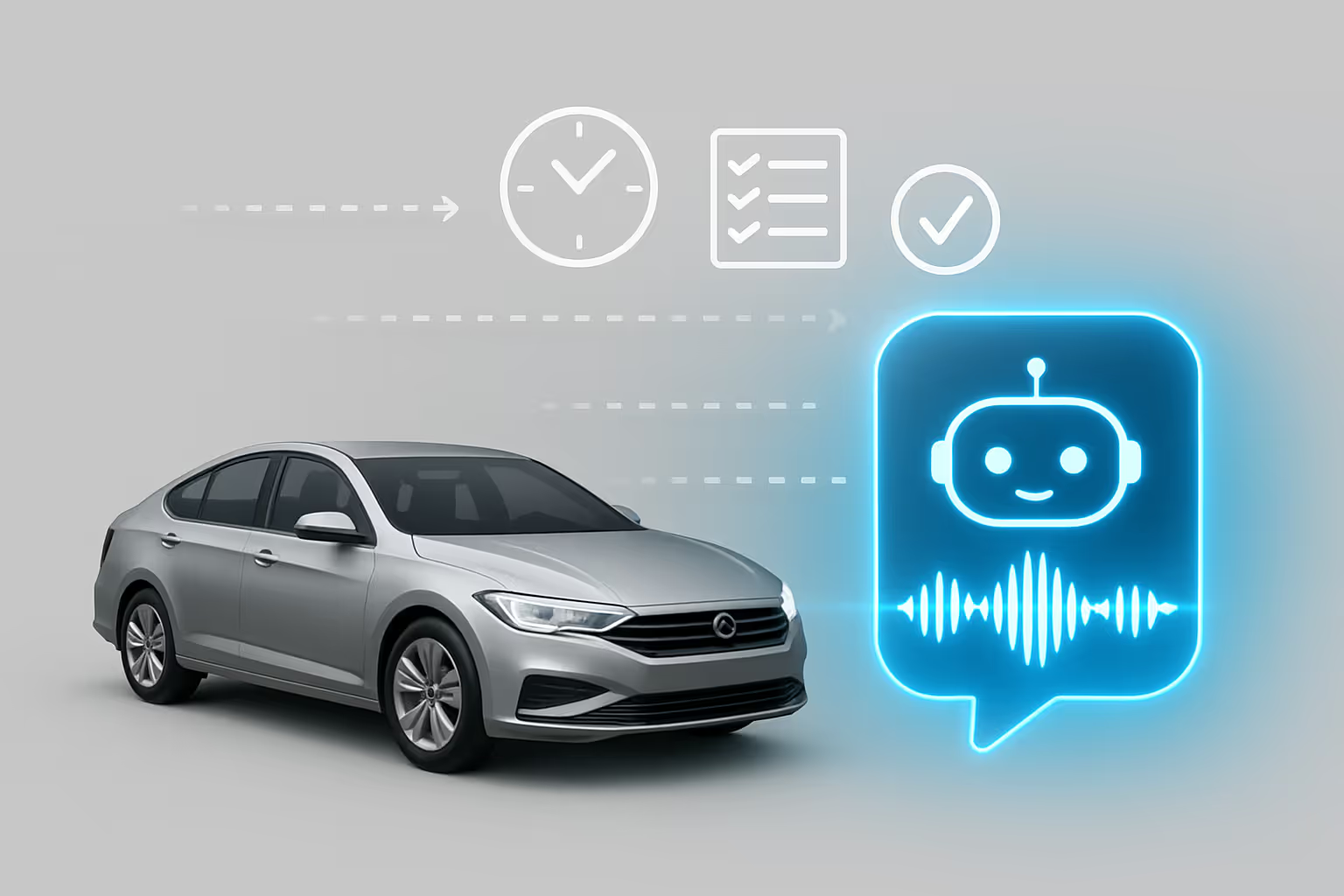Navigating the AI Evolution in Property & Casualty Insurance
In the rapidly advancing world of technology, the insurance industry finds itself at a pivotal juncture. Voice AI, a cornerstone of contemporary innovation, transcends conventional call routing, ushering in a new era of efficiency and excellence in Property & Casualty (P&C) insurance. This transformation challenges existing paradigms, compelling insurance providers to rethink their operational strategies.
The Complexities of Modern Insurance Operations
One of the most significant challenges in the P&C sector is navigating the labyrinth of processes involved in policy renewals, billing, and claims management. Traditionally, these tasks require substantial human effort, leading to inefficiencies and higher operational costs. Missed calls and compliance issues exacerbate customer dissatisfaction, contributing to increased churn rates. The industry is ripe for disruption, as insurers are pressured to adapt to surging customer expectations and regulatory demands.
AI Voice Assistants: Transforming Call Centers Into Smart Hubs
Enter the world of AI voice assistants, adding unparalleled speed and intelligence to insurance call centers. Unlike their rudimentary predecessors, modern voice AI systems like those from Fluents deliver nuanced, proactive interactions without compromising compliance. They are not limited to managing call queues; instead, they delve into complex tasks such as facilitating policy renewals, resolving billing discrepancies, and triaging claims. For example, imagine an AI program recognizing a policyholder's upcoming renewal, automatically initiating the process, and confirming preferences—tasks that save agents hours weekly.
Beyond Automation: The Ethical Landscape of AI in Insurance
Deploying voice AI raises important ethical considerations. Ensuring data security and privacy becomes paramount, as conversations contain sensitive personal information. Fluents stands out by integrating robust consent capture and providing audit-ready transcripts, aligning technology with strict regulatory frameworks. This ensures that automation does not erode the trust that forms the bedrock of the insurer-customer relationship.
The Technological Implications of AI Integration
AI integration offers significant operational advantages but is not devoid of challenges. Insurers must seamlessly blend these technologies with legacy systems. By exploiting modern APIs and webhooks, platforms like Fluents enable insurance firms to enhance existing workflows without extensive overhauls. The transition to voice AI demands rigorous employee training and restructured data management strategies, ensuring that human oversight complements machine efficiency.
The Future Horizon: An Insightful Glimpse
The P&C insurance landscape is on the cusp of transformation, where AI is not merely an adjunct tool but a strategic partner in crafting customer-centric solutions. Looking ahead, insurers that leverage voice AI will lead the way in delivering bespoke service experiences, combining speed, accuracy, and empathy in every interaction. As technologies evolve, the focus will inevitably shift toward predictive analytics, where data-driven insights preemptively meet client needs.
In conclusion, embracing voice AI is not merely about operational efficiency—it's about reimagining the very essence of customer engagement in insurance. As the industry stands at this crossroads, the question is not whether P&C insurers will adopt voice AI, but how ingeniously they will harness its capabilities to redefine their futures.
From 10 calls a day to 85,000, Fluents scales with you. Automate globally, integrate deeply, and never worry about your call infrastructure again.

Stay Connected
Check out our latest updates, customer stories, and resources to keep leveling up with Fluents.
FAQs on Voice AI in P&C Insurance
These FAQs address common questions about implementing voice AI in Property & Casualty insurance operations.
Voice AI is revolutionizing call center operations by streamlining customer interactions and optimizing tasks that traditionally required significant human effort. With advanced systems like those from Fluents, call centers transition into smart hubs capable of proactive engagement. These AI assistants do much more than manage call queues; they can automatically handle policy renewals, resolve billing discrepancies, and even prioritize claims based on urgency. By efficiently conducting these often complex tasks, agents can shift focus to more strategic roles, reducing churn and improving customer satisfaction. Furthermore, with each interaction fully compliant and secure, companies can maintain trust while enhancing operational efficiency.
When deploying AI in insurance, data security and privacy stand out as critical ethical considerations. Conversations often involve sensitive personal information, necessitating robust measures to protect data integrity. Platforms like Fluents address this by integrating consent capture and audit-ready transcripts to ensure all automation aligns with regulatory frameworks. Adhering to these standards helps maintain customer trust, the foundation of any successful insurer-client relationship. Additionally, insurers must consider the potential for AI systems to inadvertently introduce biases. Continuous monitoring and adjustments can safeguard against these issues, ensuring that AI serves its purpose without compromising ethical standards.
As insurers integrate AI, they should prepare for trends emphasizing predictive analytics and customer-centric solutions. Moving forward, AI won’t just automate tasks; it will predict client needs using data-driven insights. Insurers can lead in delivering bespoke service experiences by combining speed, accuracy, and empathy. A critical aspect of achieving this vision involves seamless technology integration using modern APIs and webhooks, minimizing disruption to existing systems. Companies that focus on human-AI collaboration and train employees for this new landscape will likely spearhead innovation. By staying ahead of these trends, insurers can reshape the future of industry engagement while enhancing operational excellence.




